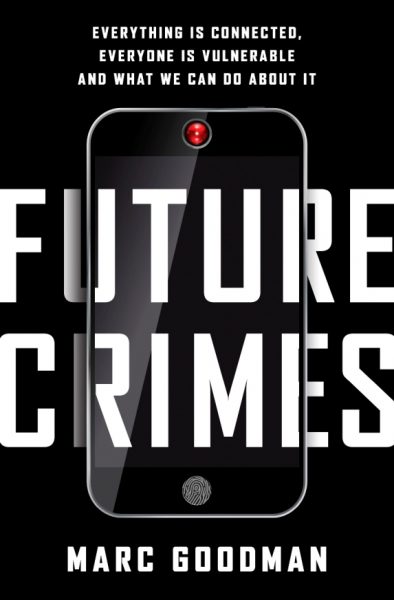
The New York Times has published a disturbing article that shows how some online reputation damage happens: intentionally.
In A Vast Web of Vengeance, tech reporter Kashmir Hill details how one person spent years creating false, negative posts about more than a hundred people. They have suffered extreme reputation damage due to 1200 defamatory posts that are too unpleasant to print here. In her article, Hill describes “the power of a lone person to destroy countless reputations, aided by platforms like Google that rarely intervene.”
Yes: On the internet, anyone can be impersonated, harassed or the focus of “fake news.” It persists because of the Communications Decency Act Section 230, (CDA 230), a law that protects the platforms that publish such information — publishers like Google, Facebook, Twitter and millions of blogs, forums and websites — against liability for third-party content on their websites.
We have written extensively about the need to update that law. That includes our interviews with leaders active in the movement to change it, notably:
Dan Shefet, a member of our Advisory Board, who established the Association for Accountability and Internet Democracy (AAID), which has lobbied the European Commission to introduce rules to make it easier for others to remove harmful information online.
Right2Remove, which advocates for “Right to Remove” privacy policy legislation “that allows for the removal of content from Internet platforms that is designed to cause reputational harm to consumers in the United States.”
For more insight on this topic, our blog post No Right to be Forgotten Here is also relevant. And be sure to check out, The Case for Bringing the Right to be Forgotten to America.
Here is to more investigative journalism focusing on this important topic, including changing the law that enables such harmful content to remain on the internet forever, or at all.









